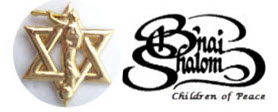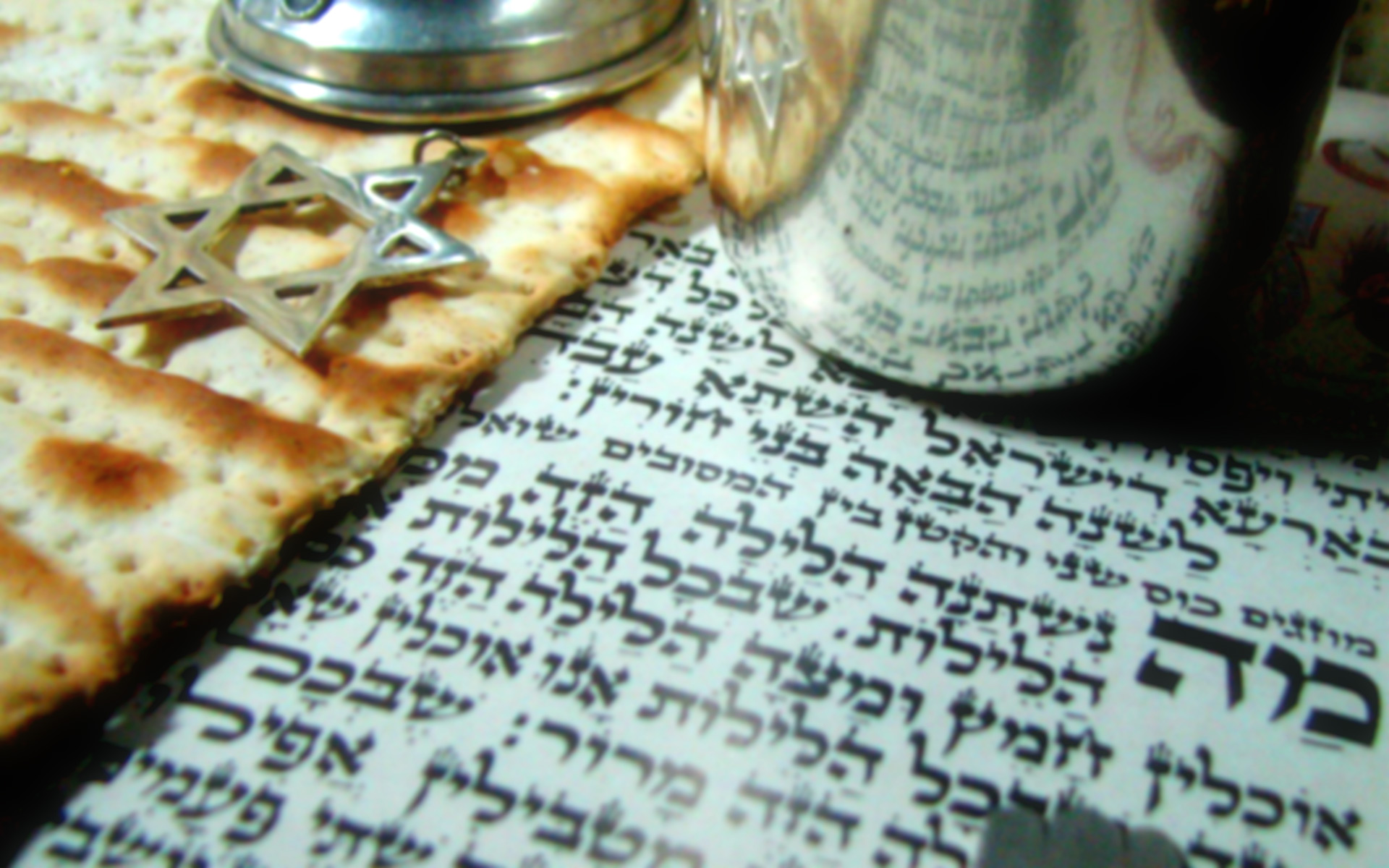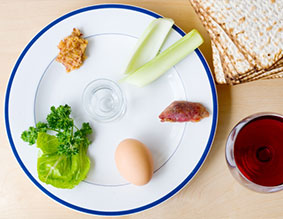Jewish Holidays and Festivals - Passover
Passover and the Feast of the Unleavened Bread -
Celebration of Deliverance from Egypt
Of all the Jewish holidays, Pesach is the one most commonly observed, even by otherwise non-observant Jews. It is the first of the three major festivals with both historical and agricultural significance (the other two are Shavuot and Sukkot. Agriculturally, it represents the beginning of the harvest season in Israel. The primary observances of Pesach are related to the Exodus from Egypt after generations of slavery.
Pesach (The Passover) is the Jewish festival of freedom. It is held in remembrance of the time when the children of Israel safely left Egypt after they had long been slaves. See EX:12:12, Lev:23:5-8 . (Pesach is also the name of the sacrificial offering (a lamb) that was made in the Temple on this holiday.)
The name Passover refers specifically to the tenth plague that God inflicted on Egypt. A destroying angel killed the firstborn in every Egyptian home but passed over the homes of the Israelites where special markings had been made on each door. So "Passover" refers to the fact that God "passed over" the houses of the Jews when he was slaying the firstborn of Egypt.
The Feast of Passover, Pesach, celebrates the deliverance of the Jews from Egypt, a cleansing, a move from bondage in the world toward freedom and Heaven.
Here is an excellent article by LDS Chaplain Emily Christensen, with a slightly different focus:
Messianic Passover: deliverance, freedom and restoration. More...- http://www.redeemerofisrael.org/p/passover.html. Free downloads.
- Modern-Passover-Haggada-full.pdf
- Modern-Passover-Haggada-short.pdf
- Triclinium-Passover-Haggadah.pdf
- A reference from "First Fruits of Zion" that adds much meaning:
How to Make Sure Your Passover Seder Is Biblical

 The
festival of the Passover is sometimes called the Feast of Unleavened
Bread, because the Israelites hurried to bake unleavened bread before
they left Egypt. This bread is called matzah, and it is still baked and
eaten today at Passover. During this time it is forbidden to eat or use
any flour, cereal, dried peas, beans, yeast, baking powder, or anything
that may have in any way come in contact with chometz (leaven).
The
festival of the Passover is sometimes called the Feast of Unleavened
Bread, because the Israelites hurried to bake unleavened bread before
they left Egypt. This bread is called matzah, and it is still baked and
eaten today at Passover. During this time it is forbidden to eat or use
any flour, cereal, dried peas, beans, yeast, baking powder, or anything
that may have in any way come in contact with chometz (leaven).
 To honor the future, a glass of wine is set aside for Elijah, who will come to tell of the arrival of the Mashiach and rescue the Jews from oppression. (They are still waiting.)
It is noteworthy that the holiday is called the time of the giving of
Torah, rather than the time of the receiving of Torah. The sages point
out that we are constantly in the process of receiving Torah, that we
receive it every day, but it was first given at this time. Thus it is
the giving, not the receiving that makes this holiday significant.
To honor the future, a glass of wine is set aside for Elijah, who will come to tell of the arrival of the Mashiach and rescue the Jews from oppression. (They are still waiting.)
It is noteworthy that the holiday is called the time of the giving of
Torah, rather than the time of the receiving of Torah. The sages point
out that we are constantly in the process of receiving Torah, that we
receive it every day, but it was first given at this time. Thus it is
the giving, not the receiving that makes this holiday significant.